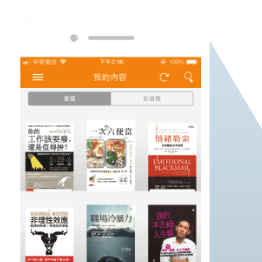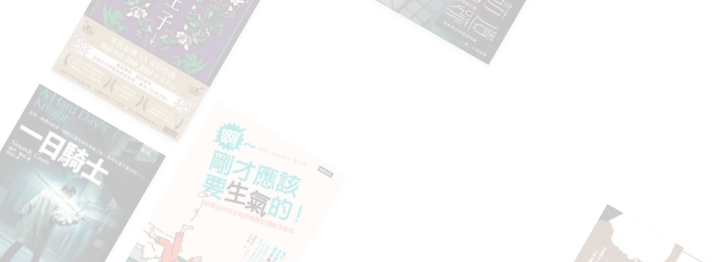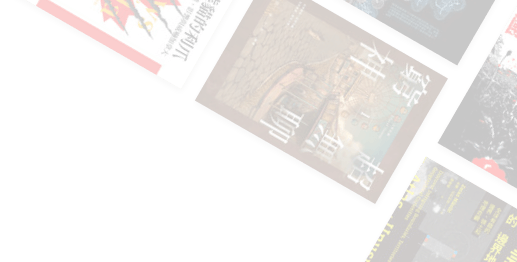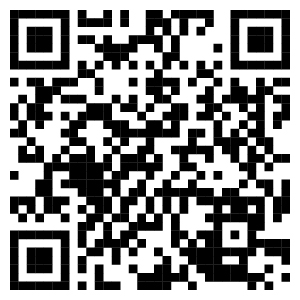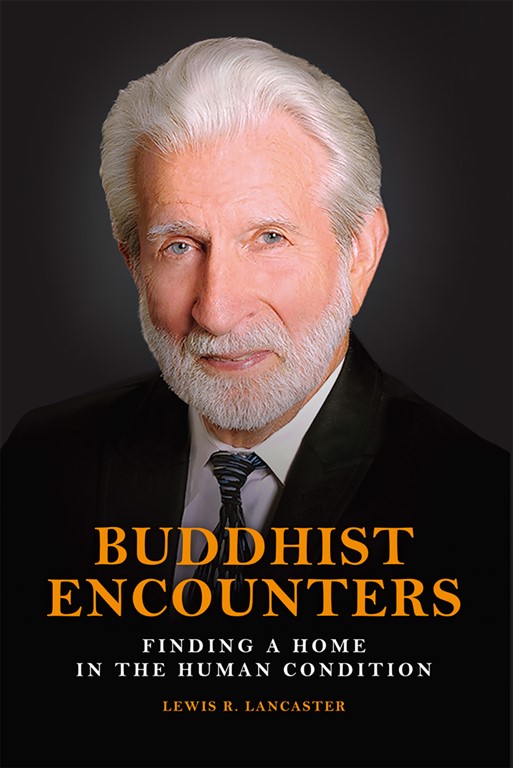
The human condition affects us all. As we journey through life, we face birth, aging, sickness, and death, each bringing significant challenges. How can we better understand our human condition? What can we learn from it?
In Buddhist Encounters: Finding a Home in the Human Condition, Dr. Lewis R. Lancaster explores the essence of our existence, addressing the internal conflicts and external pressures exacerbated by the post-pandemic and AI era. Through the lens of Buddhist teachings, he seeks answers to these timeless issues, reflecting on the very dilemma that concerned the Buddha himself.
In Buddhist Encounters: Finding a Home in the Human Condition, Dr. Lewis R. Lancaster explores the essence of our existence, addressing the internal conflicts and external pressures exacerbated by the post-pandemic and AI era. Through the lens of Buddhist teachings, he seeks answers to these timeless issues, reflecting on the very dilemma that concerned the Buddha himself.
Acknowledgments
Foreword
Preface
Introduction
Part 1 Understanding the Human Condition
1. Human Condition: Earthly and Cosmic
2. Human Condition
Part 2 Learning from the Four Great Messengers
3. The Persistent Message of Illness
4. The Future of Old Age
5. Death: The Last Moment of a Human
6. Learning to Respond to the Human Condition
Part 3 Living with Reality
7. Cause
8. Emptiness: Not Nothing
9. Behavior: Acts of Consequence
10. Personal Self
Part 4 Confronting Challenges
11. Desire
12. Racism
13. Buddhism in the Time of COVID
Part 5 Journeying Toward Enlightenment
14. Enlightenment: A Distant Beacon
15. Reincarnation
16. Detachment
17. Compassion
Conclusion
Appendices
● How a Buddhism Teacher Deals With His Own Pain
● Surprising Ways of Dealing with Adversity and Hopelessness
● On Personal Life, Academic Journey, and Researchasnd Acknowledgments
Foreword
Preface
Introduction
Part 1 Understanding the Human Condition
1. Human Condition: Earthly and Cosmic
2. Human Condition
Part 2 Learning from the Four Great Messengers
3. The Persistent Message of Illness
4. The Future of Old Age
5. Death: The Last Moment of a Human
6. Learning to Respond to the Human Condition
Part 3 Living with Reality
7. Cause
8. Emptiness: Not Nothing
9. Behavior: Acts of Consequence
10. Personal Self
Part 4 Confronting Challenges
11. Desire
12. Racism
13. Buddhism in the Time of COVID
Part 5 Journeying Toward Enlightenment
14. Enlightenment: A Distant Beacon
15. Reincarnation
16. Detachment
17. Compassion
Conclusion
Appendices
● How a Buddhism Teacher Deals With His Own Pain
● Surprising Ways of Dealing with Adversity and Hopelessness
● On Personal Life, Academic Journey, and Researchaskw Acknowledgments
Foreword
Preface
Introduction
Part 1 Understanding the Human Condition
1. Human Condition: Earthly and Cosmic
2. Human Condition
Part 2 Learning from the Four Great Messengers
3. The Persistent Message of Illness
4. The Future of Old Age
5. Death: The Last Moment of a Human
6. Learning to Respond to the Human Condition
Part 3 Living with Reality
7. Cause
8. Emptiness: Not Nothing
9. Behavior: Acts of Consequence
10. Personal Self
Part 4 Confronting Challenges
11. Desire
12. Racism
13. Buddhism in the Time of COVID
Part 5 Journeying Toward Enlightenment
14. Enlightenment: A Distant Beacon
15. Reincarnation
16. Detachment
17. Compassion
Conclusion
Appendices
● How a Buddhism Teacher Deals With His Own Pain
● Surprising Ways of Dealing with Adversity and Hopelessness
● On Personal Life, Academic Journey, and Research
Foreword
Preface
Introduction
Part 1 Understanding the Human Condition
1. Human Condition: Earthly and Cosmic
2. Human Condition
Part 2 Learning from the Four Great Messengers
3. The Persistent Message of Illness
4. The Future of Old Age
5. Death: The Last Moment of a Human
6. Learning to Respond to the Human Condition
Part 3 Living with Reality
7. Cause
8. Emptiness: Not Nothing
9. Behavior: Acts of Consequence
10. Personal Self
Part 4 Confronting Challenges
11. Desire
12. Racism
13. Buddhism in the Time of COVID
Part 5 Journeying Toward Enlightenment
14. Enlightenment: A Distant Beacon
15. Reincarnation
16. Detachment
17. Compassion
Conclusion
Appendices
● How a Buddhism Teacher Deals With His Own Pain
● Surprising Ways of Dealing with Adversity and Hopelessness
● On Personal Life, Academic Journey, and Researchasnd Acknowledgments
Foreword
Preface
Introduction
Part 1 Understanding the Human Condition
1. Human Condition: Earthly and Cosmic
2. Human Condition
Part 2 Learning from the Four Great Messengers
3. The Persistent Message of Illness
4. The Future of Old Age
5. Death: The Last Moment of a Human
6. Learning to Respond to the Human Condition
Part 3 Living with Reality
7. Cause
8. Emptiness: Not Nothing
9. Behavior: Acts of Consequence
10. Personal Self
Part 4 Confronting Challenges
11. Desire
12. Racism
13. Buddhism in the Time of COVID
Part 5 Journeying Toward Enlightenment
14. Enlightenment: A Distant Beacon
15. Reincarnation
16. Detachment
17. Compassion
Conclusion
Appendices
● How a Buddhism Teacher Deals With His Own Pain
● Surprising Ways of Dealing with Adversity and Hopelessness
● On Personal Life, Academic Journey, and Researchaskw Acknowledgments
Foreword
Preface
Introduction
Part 1 Understanding the Human Condition
1. Human Condition: Earthly and Cosmic
2. Human Condition
Part 2 Learning from the Four Great Messengers
3. The Persistent Message of Illness
4. The Future of Old Age
5. Death: The Last Moment of a Human
6. Learning to Respond to the Human Condition
Part 3 Living with Reality
7. Cause
8. Emptiness: Not Nothing
9. Behavior: Acts of Consequence
10. Personal Self
Part 4 Confronting Challenges
11. Desire
12. Racism
13. Buddhism in the Time of COVID
Part 5 Journeying Toward Enlightenment
14. Enlightenment: A Distant Beacon
15. Reincarnation
16. Detachment
17. Compassion
Conclusion
Appendices
● How a Buddhism Teacher Deals With His Own Pain
● Surprising Ways of Dealing with Adversity and Hopelessness
● On Personal Life, Academic Journey, and Research
Dr. Lewis R. Lancaster
● Emeritus Professor, Department of East Asian Languages, University of California, Berkeley, USA
● Emeritus Professor, Department of Religious Studies, University of the West (UWest)
● Member of the Board of Directors, Nan Tien Institute, Australia
● Founder and Former Director, the Electronic Cultural Atlas Initiative (ECAI)
● President of UWest, 2004-2006
A pioneer in the digitization of Buddhist texts, which has become an essential practice in contemporary Buddhist scholarship. Over his illustrious six-decade career, he has published over 75 research articles and reviews, and authored or edited numerous books on Buddhism, including Prajnaparamita and Related Systems, The Korean Buddhist Canon, Buddhist Scriptures, Early Ch'an in China and Tibet, and Assimilation of Buddhism in Korea. His significant contributions include the creation of a descriptive catalog and digitization of the Korean Buddhist Canon, for which he received the Jogye Order's Grand Award in 2014.
編者/譯者/繪者簡介
Fo Guang Shan Institute of Humanistic Buddhism
Founded in 2013 by Venerable Master Hsing Yun, the Fo Guang Shan Institute of Humanistic Buddhism pursues the objectives of propagating the Buddha’s teachings and the Venerable Master’s thoughts on Humanistic Buddhism. The Institute endeavors to recruit experts and nurture scholars of Buddhism, gather ancient and contemporary editions of the Buddhist Canons, as well as compile the Complete Works of Venerable Master Hsing Yun. Through the Center of International Affairs, the Institute translates the works of the Venerable Master and holds the annual Symposium on Humanistic Buddhism, in addition to other international academic forums, welcoming outstanding scholars and youths from around the world to study Buddhism.
● Emeritus Professor, Department of East Asian Languages, University of California, Berkeley, USA
● Emeritus Professor, Department of Religious Studies, University of the West (UWest)
● Member of the Board of Directors, Nan Tien Institute, Australia
● Founder and Former Director, the Electronic Cultural Atlas Initiative (ECAI)
● President of UWest, 2004-2006
A pioneer in the digitization of Buddhist texts, which has become an essential practice in contemporary Buddhist scholarship. Over his illustrious six-decade career, he has published over 75 research articles and reviews, and authored or edited numerous books on Buddhism, including Prajnaparamita and Related Systems, The Korean Buddhist Canon, Buddhist Scriptures, Early Ch'an in China and Tibet, and Assimilation of Buddhism in Korea. His significant contributions include the creation of a descriptive catalog and digitization of the Korean Buddhist Canon, for which he received the Jogye Order's Grand Award in 2014.
編者/譯者/繪者簡介
Fo Guang Shan Institute of Humanistic Buddhism
Founded in 2013 by Venerable Master Hsing Yun, the Fo Guang Shan Institute of Humanistic Buddhism pursues the objectives of propagating the Buddha’s teachings and the Venerable Master’s thoughts on Humanistic Buddhism. The Institute endeavors to recruit experts and nurture scholars of Buddhism, gather ancient and contemporary editions of the Buddhist Canons, as well as compile the Complete Works of Venerable Master Hsing Yun. Through the Center of International Affairs, the Institute translates the works of the Venerable Master and holds the annual Symposium on Humanistic Buddhism, in addition to other international academic forums, welcoming outstanding scholars and youths from around the world to study Buddhism.
Details
Review
0 ratings
1 stars
0%
2 stars
0%
3 stars
0%
4 stars
0%
5 stars
0%
Write a review
Product review was disabled


